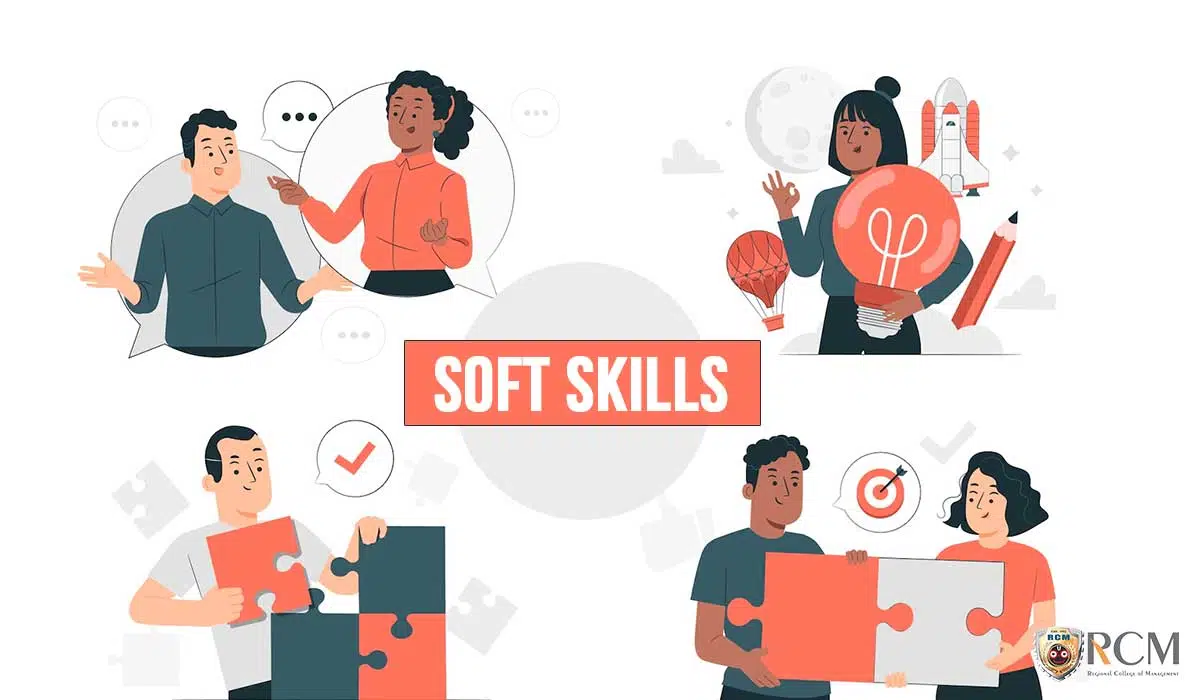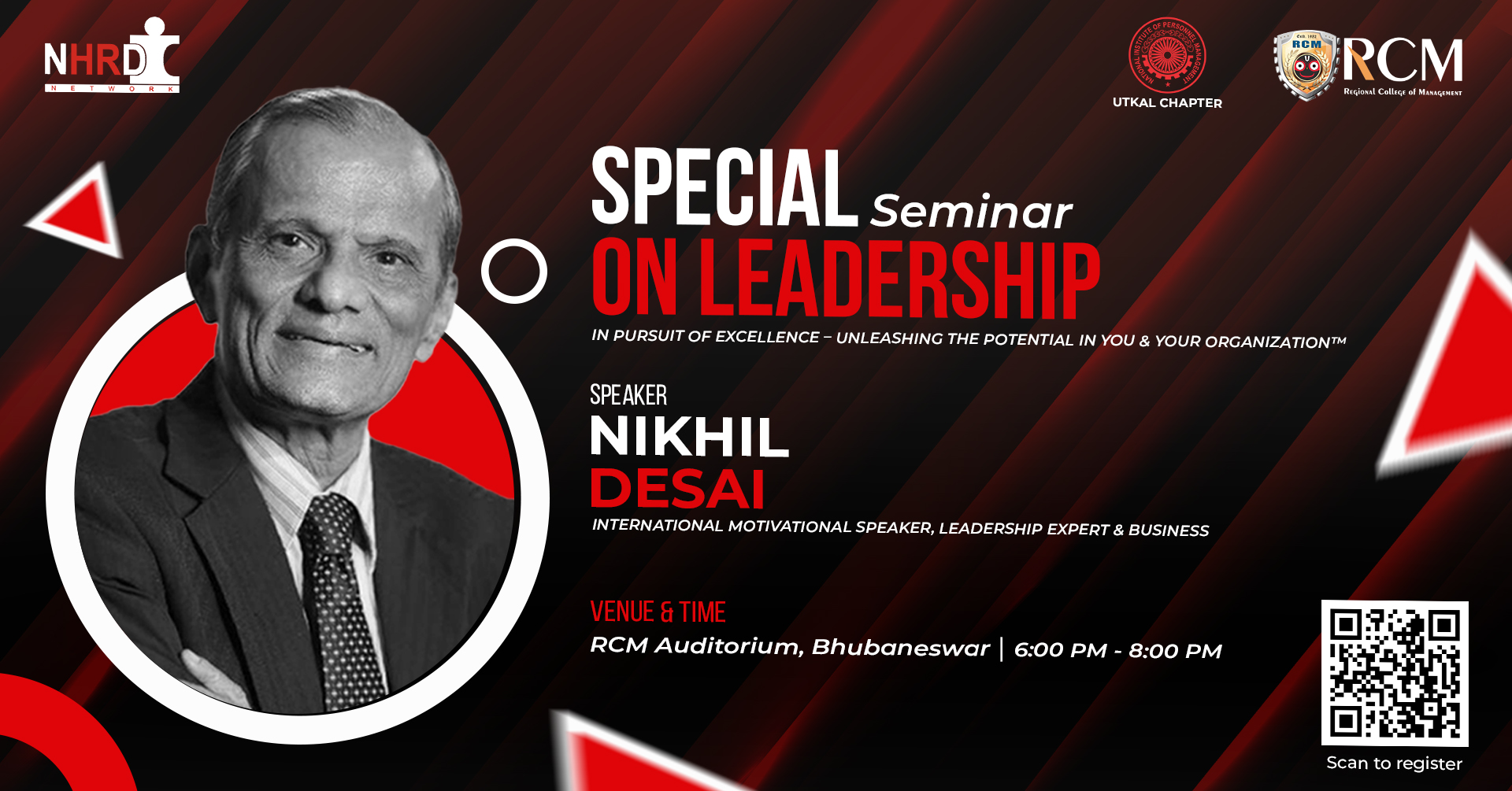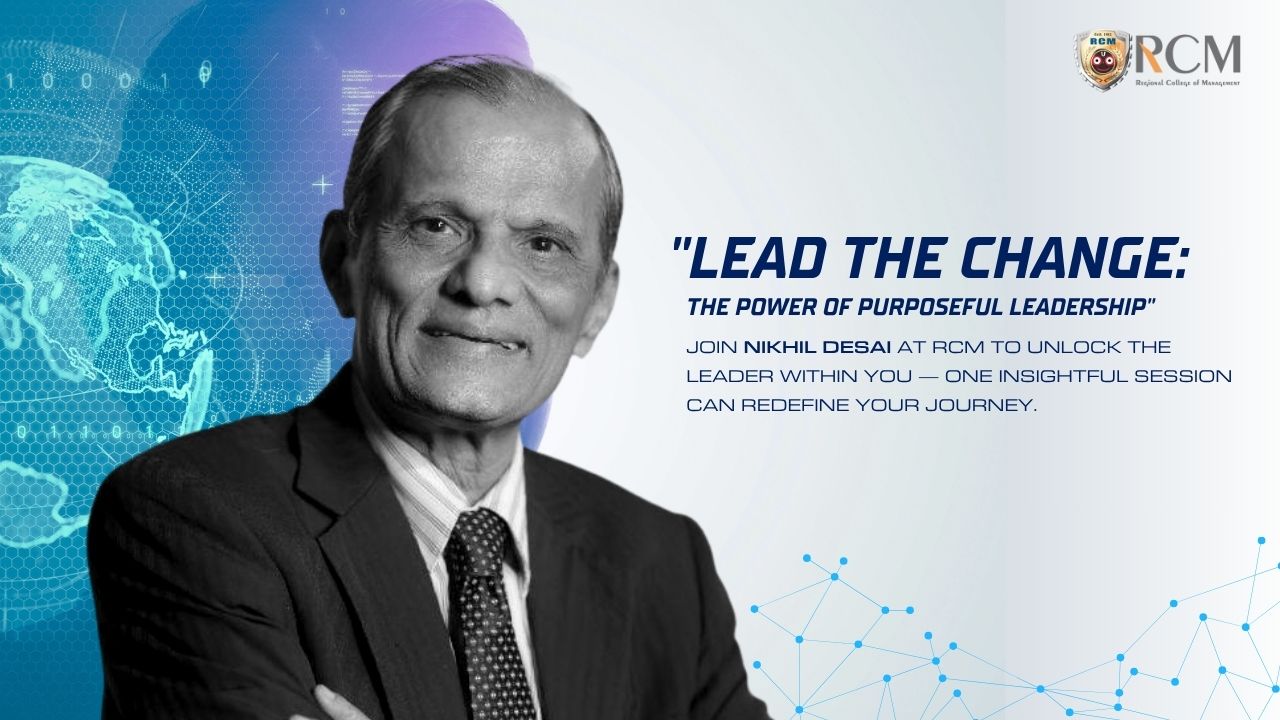It is important to know what a soft skill is, why it is important to have a soft skill, and how this helps in building experiences in a career and in different aspects of life. The answers are easy: swiftness and innovation.
Soft skills define an individual’s or organization’s capacity to adapt to change, modernize, expand better ways of doing things, and interact with culturally varied teams. Organizations with a high concentration of analytical intellectuals, trouble solvers, and clear conversationalists are more productive and cooperative.
Soft skills can also be marked for a character, personality, and relational skills that will make sure to influence how well one can perform or cooperate with others. This term encompasses a broad array of skills as diverse as teamwork, time management, compassion, and delegation.
What Is This Soft Skill?
The act of doing something, accomplishing something, or completing a task is what recognize as “skills” across the board. It’s both realistic and attitudinal in nature. Soft skills, on the other hand, are qualities that are not tangible. They’re difficult to detect and quantify, and their use never entirely results in a task’s success or completion.
The significance of these soft skills is sometimes getting ignore, and they receive far less training than hard skills such as coding. Organizations appear to expect employees to understand how to act on the work and the value of abilities such as taking initiative, speaking effectively, and listening, which is frequently not the case.
What Soft Skills Can Be Learned?
Soft skills, like any other skill, can be learn; it’s not rocket science. Hence, soft skills, like leadership and social skills, can be learned. This viewpoint has a lot of appeal. It dates back to Edward Thorndike’s early 1900s work, when he popularised the term “social intelligence” to describe a new type of intelligence. Even Charles Darwin realized in his Origin of Species that those who can best handle change will survive, not the strongest or most brilliant. He was talking about flexibility and resilience, which are both soft skills.
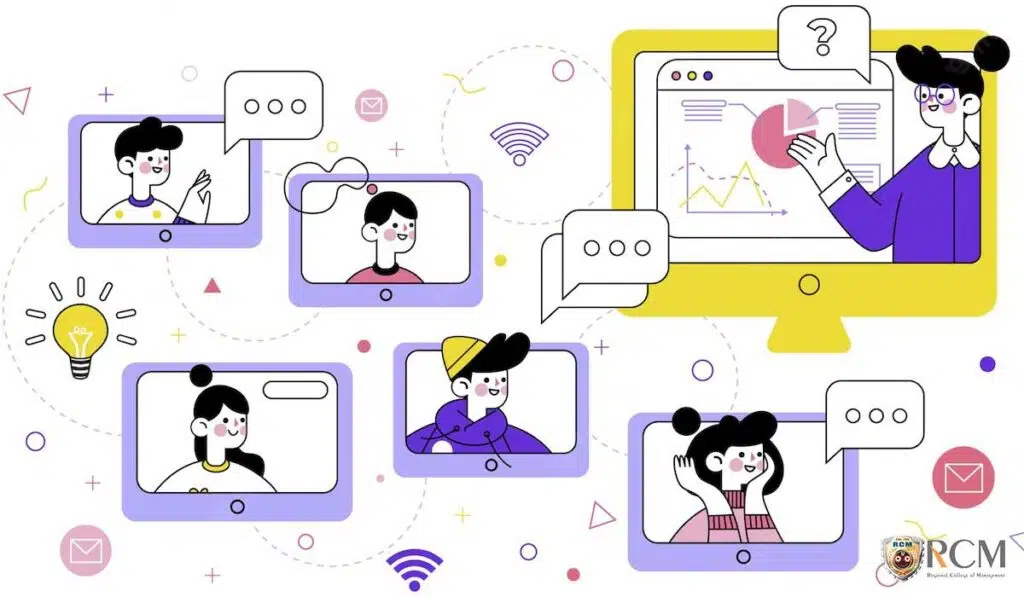
What Are The Benefits Of It?
Nowadays, much communication with people needs the use of soft skills. One may be discussing a new deal. Projecting the fresh concepts to coworkers, socialising for a new career, and so on. Every day at work, we use these skills. Developing and honing these abilities will help you gain more ventures and advance in your profession.
A lack of soft skills might restrict your abilities or possibly be the ruin of your organisation. If you develop good leadership, coordination, communication, and relationship skills, you can manage projects more smoothly, produce results that delight everyone, and even improve your own life by improving how you connect with people.
Communication and other soft skills are use to form social groups and meet possible spouses. You may be discussing the value of your new house makeover or tutoring your neighbor’s youngsters on the weekend. Soft talents are beneficial in both our professional and personal lives.
Even though information, skills, and talents make somebody a great fit. However, when everyone possesses such information, skills, and talents. The expectations in terms of “something” that should distinguish oneself from others rise. This is when soft skills come into play.
